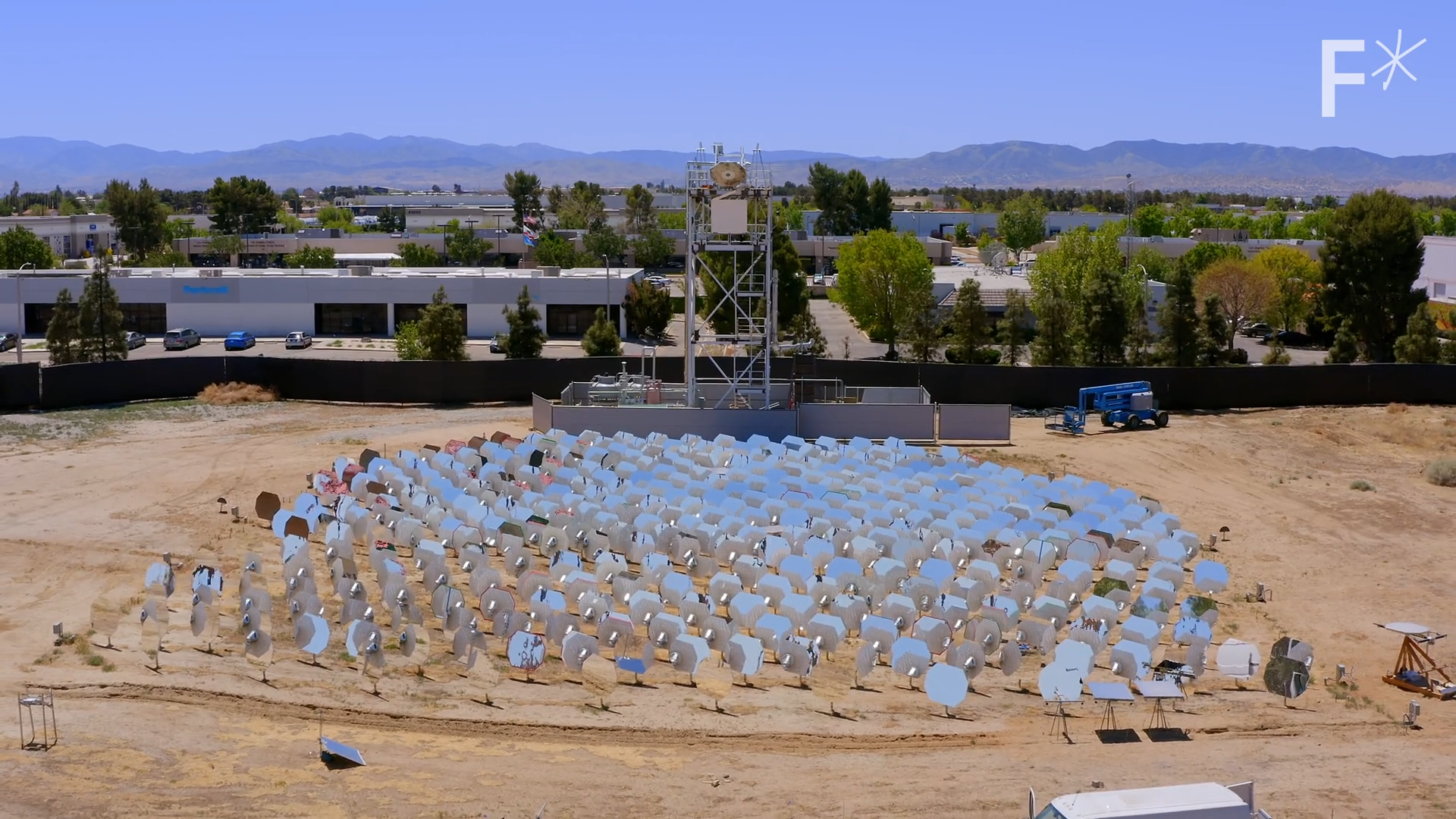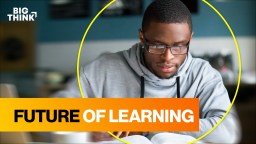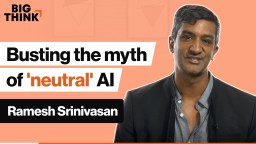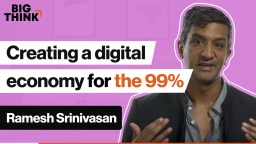big problems
From 260-year-old ciphers to the most recent Zodiac Killer solution, these unbreakable codes just needed time.
Technology usually has more pros than cons, but every benefit still carries some risk.
How one startup plans to use “death rays” for good instead of evil.
A new agricultural revolution could forever change the planet.
When we look at the night sky, we may see junk instead of stars.
Introducing the Deep Space Food Challenge.
“Deepfakes” and “cheap fakes” are becoming strikingly convincing — even ones generated on freely available apps.
Max Planck Institute scientists crash into a computing wall there seems to be no way around.
A fairly old idea, but a really good one, is about to hit the store shelves.
The AI constitution can mean the difference between war and peace—or total extinction.
▸
5 min
—
with
A deeper appreciation for science and less unnecessary spending could be in our future.
For too many people, a poor education is a destructive barrier in their lives—a source of limitation rather than opportunity. Together, we can change this.
Neuroscientists and ethicists wants to ensure that neurotechnologies remain benevolent.
The rush to clean up outer space has begun.
Researchers make the case for “deep evidential regression.”
A heated debate is occurring at the University of Miami.
Confirmation bias is baked into the DNA of America, but it may soon be the nation’s undoing.
▸
25 min
—
with
Grandfathers, take heart. You’ll survive the paradox that’s been gunning for you since the 1930s.
Techshot’s 3D BioFabrication Facility successfully printed human heart tissue aboard the International Space Station.
By leveraging the difference between lit and shadowed areas, a new energy source perfect for wearables is invented.
The future of education and work will rely on teaching students deeper problem-solving skills.
▸
4 min
—
with
The physical action of handwashing plus the properties of soap is a one-two punch for the virus.
▸
1 min
—
with
A global brainstorming marathon is throwing together brilliant ideas from around the world to rapidly develop solutions to combat the coronavirus pandemic.
We encode our biases into everything we create: books, poems, and AI. What does that means for an increasingly automated future?
▸
4 min
—
with
A pragmatic approach to fixing an imbalanced system.
▸
7 min
—
with
Do you want Facebook or Google to control your legacy?
There’s a lot we can do with current technology to help stem the tide of climate change, but future technology may help even more.
No harm done this time, but it’s an ominous occurrence.
Let’s not kid ourselves: Coral reefs are in serious danger. But numerous ambitious projects are underway with the goal of keeping these ecosystems alive.
Researchers evaluated the best and worst ways to remove greenhouse gases from the atmosphere in a recent report.





























